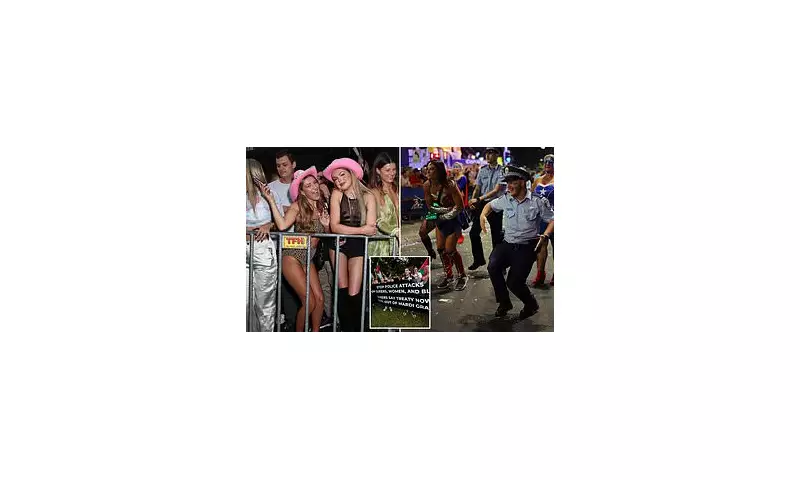
This year's Sydney Mardi Gras parade has become the centre of a heated debate as members of the LGBTQI+ community voice strong opposition to police participation in the event. The controversy stems from longstanding tensions between law enforcement and marginalised groups, particularly following recent high-profile incidents.
A Parade Divided
The world-renowned festival, celebrated annually in Sydney, faced unexpected turmoil when activists staged protests against uniformed officers marching in the parade. Demonstrators held signs reading "No Pride in Police" and chanted slogans highlighting what they describe as systemic discrimination within law enforcement.
Historical Context
The conflict has deep roots in Australia's LGBTQI+ history. Many community members recall the 1978 origins of Mardi Gras, when police violently arrested 53 participants during Sydney's first gay rights march. While relations have improved significantly since then, recent events have reopened old wounds.
Police Response
New South Wales Police defended their participation, releasing a statement emphasising their commitment to diversity and inclusion. "We've worked hard to build trust with all communities," a spokesperson said, "and events like Mardi Gras help strengthen those bonds."
Community Reactions
Opinions within the LGBTQI+ community remain divided:
- Supporters of police inclusion argue that visible participation demonstrates progress and helps change institutional culture
- Opponents maintain that systemic issues persist and that police presence feels like "pinkwashing" of ongoing problems
- Event organisers walk a tightrope, trying to balance inclusivity with acknowledging historical trauma
Looking Ahead
The controversy has sparked broader conversations about how Pride events worldwide navigate relationships with law enforcement. As Sydney's Mardi Gras continues to evolve, this year's tensions may lead to policy changes for future parades.
The debate underscores the complex intersection of celebration, protest, and reconciliation that characterises modern LGBTQI+ movements.





